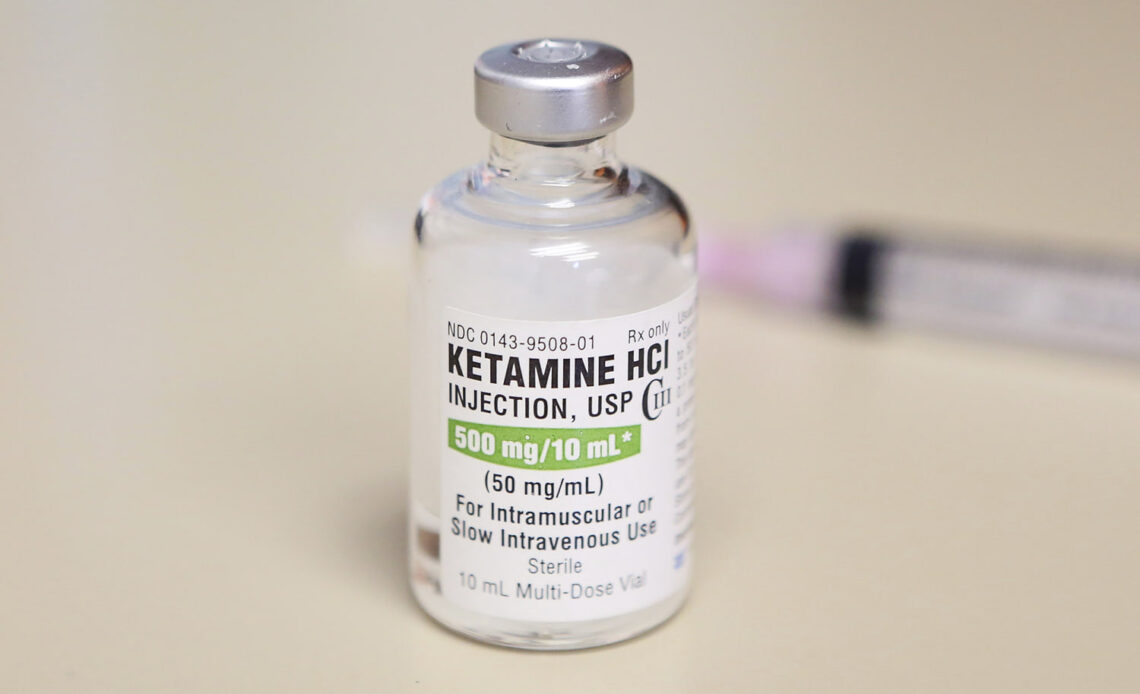In the days and weeks leading up to Matthew Perry’s death, the actor used large amounts of ketamine — the drug responsible for his death — supplied by a web of doctors, his personal assistant, an acquaintance and a drug dealer, federal prosecutors said Thursday.
Here’s what to know about ketamine.
What is ketamine?
Ketamine is a hallucinogen that was approved by the Food and Drug Administration as an anesthetic for surgery decades ago, but it’s also used illegally as a party drug.
Over the last few years, growing research has found that ketamine also works for treatment-resistant depression in some people, leading to a rise in what’s known as off-label use, the legal practice of doctors prescribing an approved drug for a condition that it wasn’t approved for.
How is ketamine used for depression?
Dr. Brandon Hamm, a psychiatrist who runs the ketamine infusion clinic at Northwestern Medicine in Chicago, said that the drug’s value lies, in part, in how fast it works.
“It’s an important drug because it offers something quick and effective for something that’s a major source of disability for folks,” Hamm said. “Treatment-resistant depression causes great suffering.”
A slightly different version of ketamine, called esketamine or Spravato, was approved by the FDA in 2019 for treatment-resistant depression. Esketamine is given as a nasal spray and must be administered in a doctor’s office; it’s approved only for people for whom other depression treatments have failed.
Are ketamine clinics safe?
Those who have struggled with severe depression and have had success with ketamine say it can be lifesaving. But there have been growing concerns among some doctors as hundreds of ketamine clinics have opened across the U.S., charging hundreds of dollars, in some cases, for infusions, injections and oral forms of the drug.
Clinics market it as a treatment for everything from depression to obsessive compulsive disorder — even addiction — but only a few small studies have looked at its benefits for mental health conditions beyond treatment-resistant depression.
What are the risks of ketamine?
“There are risks with ketamine, and so that’s the balance,” Hamm said. “It has a lot of power to it, and so the trouble is that there are some risks with it, and so judicious prescribing is important.”
Risks include increased blood pressure, slowed breathing, bladder problems and abuse. It can also stop a person’s breathing if too much is…
Click Here to Read the Full Original Article at NBC News Top Stories…

